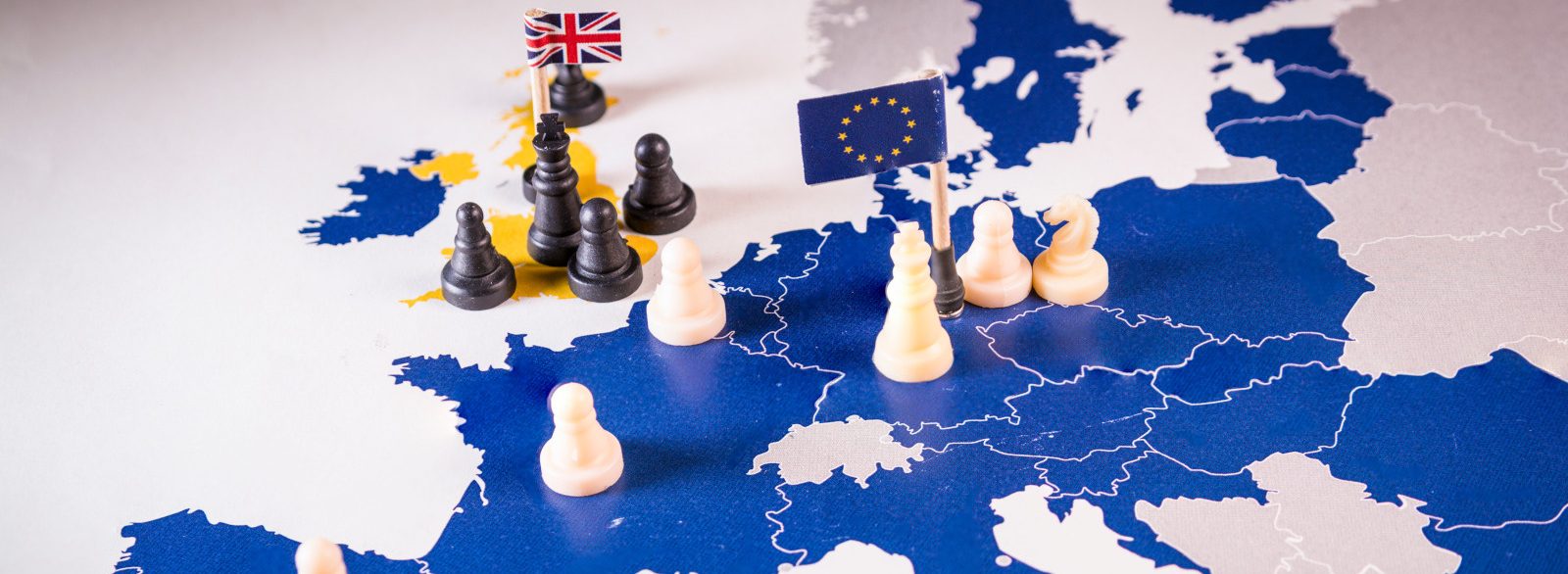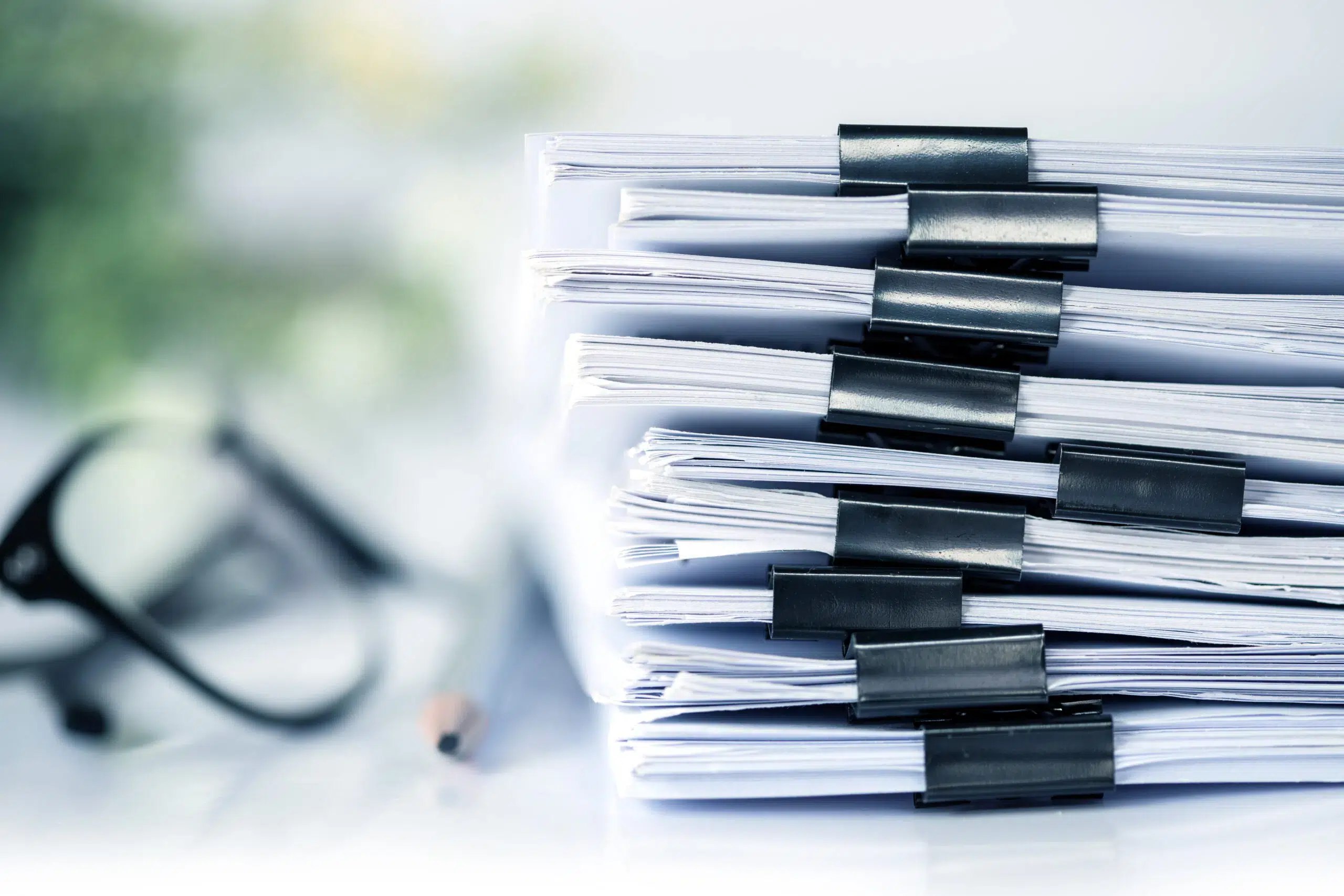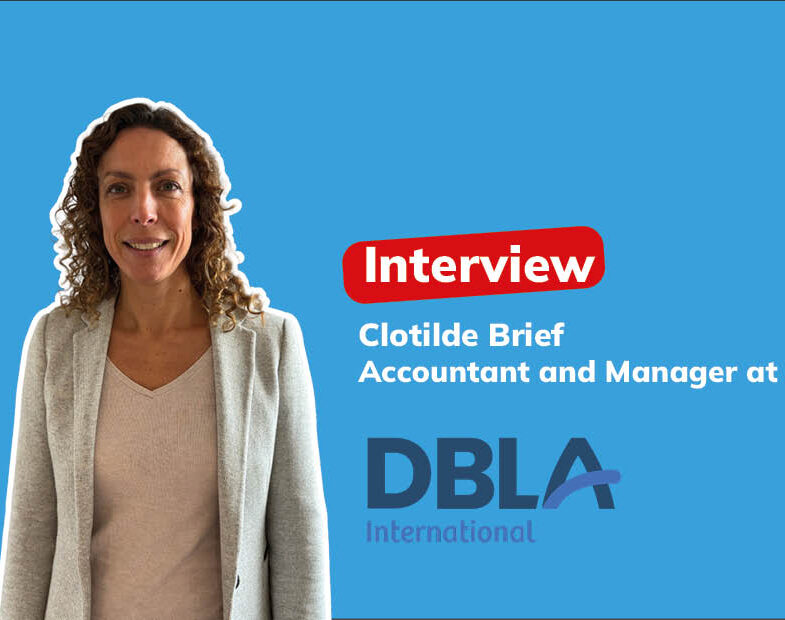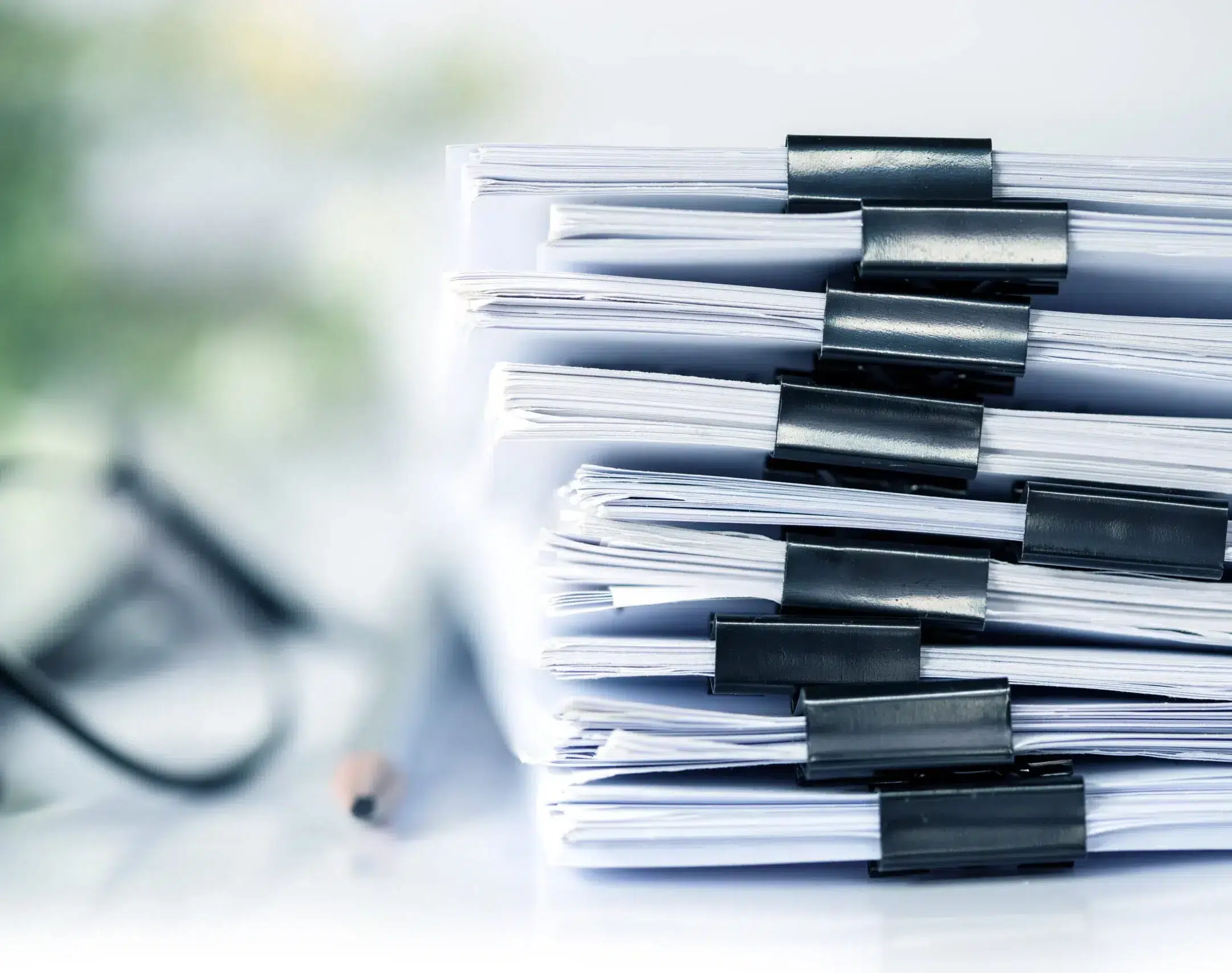If you’re a UK company exporting goods to the European Union, 2025 brings a major shift you can’t afford to ignore: the new GPSR regulations. It introduces stricter obligations for product safety, traceability, and market surveillance across the EU. Since Brexit, UK businesses are no longer exempt. In this article, we break down what GPSR regulations are, why they matter for UK exporters, and how you can stay compliant—without losing time or market access.
What are GPSR regulations?
GPSR regulations (General Product Safety Regulation) are the EU’s updated rules on product safety, replacing the 2001 directive. They were adopted in late 2024 and will apply across all EU member states in 2025.
The regulation strengthens product safety for non-food consumer goods sold in the EU—especially in the context of e-commerce, imports from third countries, and B2B trade.
For UK businesses post-Brexit, this regulation changes the game: the UK is now a “third country,” and GPSR regulations apply just like they would for China, the US, or any non-EU country.
What sectors are going to be affected by GPSR regulations?
GPSR regulations are meant to cover a broader range of products. According to the European Commission website it covers the following sectors:
- “medicinal products for human or veterinary use,
- food and feed,
- living plants and animals, genetically modified organisms and microorganisms in contained use,
- animal-derived and by-products,
- plant protection products,
- transport equipment operated by a service provider,
- low-risk aircraft,
- antiques,
- products clearly marked to be repaired or reconditioned prior to use.”
Why are GPSR regulations a problem for British companies trading in the EU?
If you’re a British business selling physical goods in the EU, GPSR compliance is not optional.
Under GPSR, you must:
- Ensure your product meets EU safety standards
- Provide clear labelling and traceability
- Appoint a Responsible Person in the EU—especially if you ship with DDP (Delivered Duty Paid) terms
DDP means you bear the customs and delivery responsibilities, which makes you liable for GPSR compliance—even from across the Channel.

Who is the “Responsible Person” under GPSR regulations?
The Responsible Person is a legal entity based in the EU that ensures your products:
- Are safe and compliant
- Can be traced back to you
- Can be contacted by EU authorities if something goes wrong
Without one, you are not GPSR compliant. And here’s the catch: most UK exporters aren’t doing this yet. Why?
- It’s a new cost
- The market for these services is still emerging
- Many are unaware of the GPSR’s impact
How Incoterms affect your GPSR obligations: are you in one of those 2 cases?
Case #1 DDP
The importer of record is the UK exporter.
In terms of GPSR responsibility, they will need to an EU representative.
If you’re using DDP, GPSR regulations treat you as the party placing the goods on the EU market—meaning you need an EU-based responsible person.
Case #2 EXW, FCA
The importer of record is the EU Buyer
In terms of GPSR responsibility, the buyer ensures compliance

What happens if you’re not compliant with GPSR regulations?
Today, non-compliance doesn’t block your goods at customs. But if your product causes harm, or fails safety checks:
EU authorities like France’s DGCCRF can issue fines, recalls or bans
If you haven’t appointed a Responsible Person, they may pursue your buyer or distributor
Your reputation and market access are at risk
Need help navigating GPSR regulations? The UK Business Centre Lille is here to help
At the UK Business Centre Lille, we help British companies:
- Understand EU market regulations
- Identify trusted compliance partners
- Secure soft-landing solutions in Northern France
If you want to navigate GPSR regulations, our team is here to help you.

5 key takeaways about GPSR Regulations
GPSR regulations apply to all non-EU sellers, including UK exporters, as of 2025. If you’re placing products on the EU market, you’re affected.
A Responsible Person based in the EU is now mandatory under GPSR—especially if you’re using DDP Incoterms and handling customs clearance yourself.
Your choice of Incoterm impacts your liability. If you sell EXW or FCA, the EU buyer is responsible. If you sell DDP, it’s on you.
Non-compliance won’t stop your shipment—yet. But if a product is unsafe or untraceable, EU enforcement agencies can fine or penalize you or your distributor.
You have solutions: delegate responsibility to the buyer, appoint a compliance partner, or set up an EU entity. The UK Business Centre Lille can help with all three.
Do you want to access the EU market more easily?

Discover our latest news

Doing business in France: accounting support to help your expansion

Sanitary and Phytosanitary controls update: towards easing restrictions?

